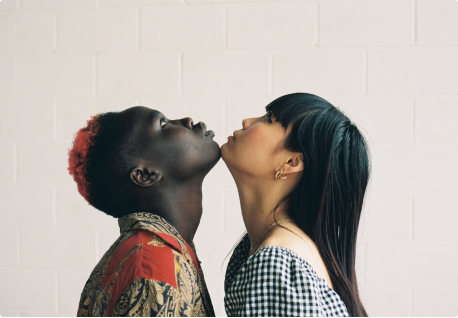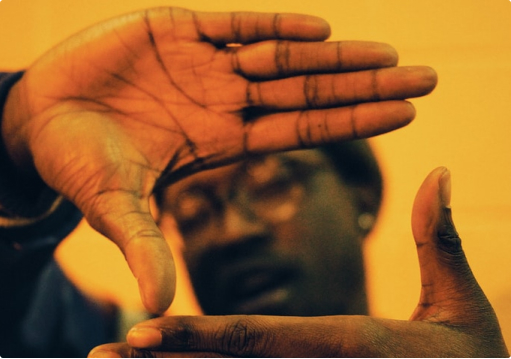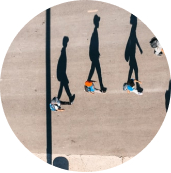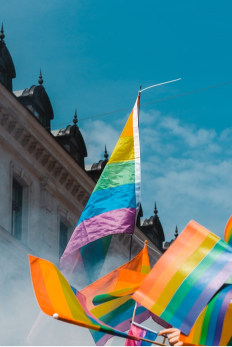PEOPLE
The power
of change

Introducing the Algorithmic Boss
GO TO ARTICLE
Back to the Office: Lessons from NASA
GO TO VIDEO
How to Manage the Four Types of Workers
GO TO INFOGRAPHIC
Managing the Entrepreneural Spirit of an Organization
GO TO ARTICLE
The Banality of Evil and Blind Obedience
GO TO ARTICLEIE INSIGHTS
Trending topics
#diversity #inclusion #leadership #culture #humanities #gender #philosophy








The Persistent Work The Persistent Work The Persistent Work The Persistent Work The Persistent Work The Persistent Work The Persistent Work The Persistent Work The Persistent Work The Persistent Work The Persistent Work The Persistent Work The Persistent Work The Persistent Work The Persistent Work The Persistent Work The Persistent Work The Persistent Work The Persistent Work The Persistent Work The Persistent Work The Persistent Work The Persistent Work The Persistent Work The Persistent Work The Persistent Work The Persistent Work The Persistent Work The Persistent Work The Persistent Work The Persistent Work The Persistent Work
of Inclusivity of Inclusivity of Inclusivity of Inclusivity of Inclusivity of Inclusivity of Inclusivity of Inclusivity of Inclusivity of Inclusivity of Inclusivity of Inclusivity of Inclusivity of Inclusivity of Inclusivity of Inclusivity of Inclusivity of Inclusivity of Inclusivity of Inclusivity of Inclusivity of Inclusivity of Inclusivity of Inclusivity of Inclusivity of Inclusivity of Inclusivity of Inclusivity of Inclusivity of Inclusivity of Inclusivity of Inclusivity
How can leaders create work environments in which each person than be their true self?
In order to successfully ensure inclusivity for all team members, leaders must intentionally, deliberately, and proactively consider every team member – failing to do so will unintentionally exclude.
READ MORE



What's stopping equality?
Perceived Obstacles of Gender Equality
In this graph, each bar represents the % of female and male respondents who think that the given category (employment opportunities, religion and culture, representation in politics) is an obstacle to achieving gender equality.
Employment opportunities are a barrier to equality
COLOMBIA
53
COLOMBIA
% of women
53% agree
50
COLOMBIA
% of men
50% agree
ARGENTINA
50
ARGENTINA
% of women
50% agree
48
ARGENTINA
% of men
48% agree
GERMANY
49
GERMANY
% of women
49% agree
48
GERMANY
% of men
48% agree
SWITZERLAND
57
SWITZERLAND
% of women
57% agree
40
SWITZERLAND
% of men
40% agree
MEXICO
48
MEXICO
% of women
48% agree
45
MEXICO
% of men
45% agree
JAPAN
40
JAPAN
% of women
40% agree
52
JAPAN
% of men
52% agree
CHINA
43
CHINA
% of women
43% agree
36
CHINA
% of men
36% agree
NEW ZEALAND
43
NEW ZEALAND
% of women
43% agree
29
NEW ZEALAND
% of men
29% agree
SOUTH AFRICA
37
SOUTH AFRICA
% of women
37% agree
33
SOUTH AFRICA
% of men
33% agree
AUSTRALIA
37
AUSTRALIA
% of women
37% agree
32
AUSTRALIA
% of men
32% agree
10
20
30
40
50
60
% of women
% of men
Religion and culture are a barrier to equality
KENYA
54
KENYA
% of women
54% agree
55
KENYA
% of men
55% agree
SOUTH AFRICA
54
SOUTH AFRICA
% of women
54% agree
49
SOUTH AFRICA
% of men
49% agree
INDIA
42
INDIA
% of women
42% agree
46
INDIA
% of men
46% agree
ARGENTINA
42
ARGENTINA
% of women
42% agree
42
ARGENTINA
% of men
42% agree
MEXICO
40
MEXICO
% of women
40% agree
42
MEXICO
% of men
42% agree
FRANCE
31
FRANCE
% of women
31% agree
42
FRANCE
% of men
42% agree
COLOMBIA
32
COLOMBIA
% of women
32% agree
36
COLOMBIA
% of men
36% agree
GREAT BRITAIN
33
GREAT BRITAIN
% of women
33% agree
32
GREAT BRITAIN
% of men
32% agree
TUNISIA
33
TUNISIA
% of women
33% agree
30
TUNISIA
% of men
30% agree
CANADA
32
CANADA
% of women
32% agree
30
CANADA
% of men
30% agree
10
20
30
40
50
60
% of women
% of men
Representation in politics
KENYA
47
KENYA
% of women
47% agree
44
KENYA
% of men
44% agree
JAPAN
41
JAPAN
% of women
41% agree
26
JAPAN
% of men
26% agree
SOUTH AFRICA
31
SOUTH AFRICA
% of women
31% agree
30
SOUTH AFRICA
% of men
30% agree
COLOMBIA
29
COLOMBIA
% of women
29% agree
30
COLOMBIA
% of men
30% agree
CHINA
29
CHINA
% of women
29% agree
27
CHINA
% of men
27% agree
FRANCE
25
FRANCE
% of women
25% agree
31
FRANCE
% of men
31% agree
AUSTRALIA
27
AUSTRALIA
% of women
27% agree
22
AUSTRALIA
% of men
22% agree
SWITZERLAND
24
SWITZERLAND
% of women
24% agree
25
SWITZERLAND
% of men
25% agree
GERMANY
20
GERMANY
% of women
20% agree
26
GERMANY
% of men
26% agree
MEXICO
19
MEXICO
% of women
19% agree
27
MEXICO
% of men
27% agree
10
20
30
40
50
60
% of women
% of men
Source: Tamás Varga: Findings from a 17-Country Public Opinion on Gender Equality Prepared for The Gender Equality Forum
Powerful voices

Martha Nussbaum
Professor of Law and Ethics at the University of Chicago
Professor of Law and Ethics at the University of Chicago

Ben Okri
Poet and Novelist, Booker Prize Winner
“I do not believe that imagining the worst makes it happen. Imagining the worst might be one of the factors that makes us prevent it from happening.”
Read the articlePoet and Novelist, Booker Prize Winner

Adam Grant
Author and Professor at the Wharton School of the University of Pennsylvania
Author and Professor at the Wharton School of the University of Pennsylvania

Chimamanda Ngozi Adichie
Author
“The problem with gender is that it prescribes how we should be, rather than recognizing how we are.”
Watch the videoAuthor

Scott Galloway
Professor of Marketing at the New York University Stern School of Business
“We the people are not without tools, so long as the nation remains a democracy. We need only find the will to use them.”
Read the articleProfessor of Marketing at the New York University Stern School of Business

Ideas

People

Solutions
